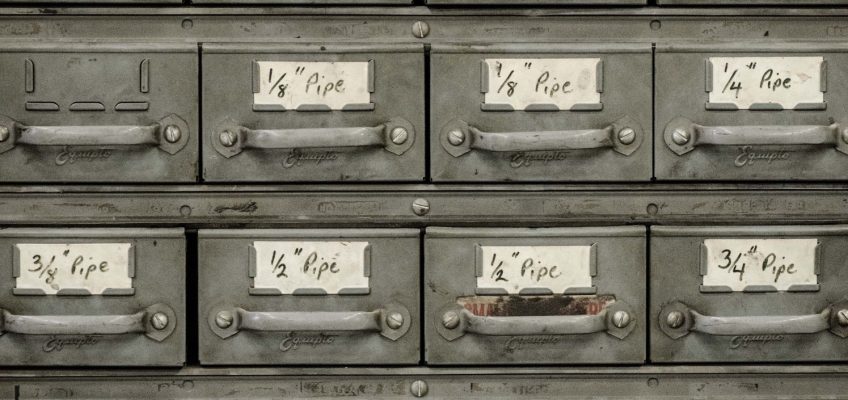When faced by conflict, most people wonder what they can do to make things better. This can be a complicated question. Most of us have highly specific knowledge about a relatively narrow part of the world. As our social units become more complex, our skills and our workplaces, as well as our tools and our practices, become more and more specialized.
Today, most people work as part of teams in settings designed for a particular purpose. A manufacturing company, for example, may depend upon supply chains that include highly specialized workers, producing very specific parts. A university campus has teams of professors, counselors and support services whose work is facilitated by a network of classrooms, residence halls, libraries, laboratories and offices.
Medicine has also been reorganized around specialized labor and places. General practitioners have become hubs, referring patients to specialists who will treat particular organs and specific conditions. Not long ago, a person choosing a doctor would want to know whether the doctor had privileges at the local hospital. Today, many hospitals have hospitalists, specialists who have been trained to deal with the complexity of hospital environments. Among other things, these specialists are attuned to the spread of contagious diseases, an acute problem for contemporary hospitals that can be mitigated by experts who thoroughly understand the unique features in hospital environments.
Sometimes specialization means we have to depend upon appropriate experts to figure out how to manage conflicts that emerge in environments like factories, universities, hospitals and, for that matter, police departments. Without relevant experience and training, we may not understand all the factors that have to go into a good solution. At the same time, we should always seek opportunities to contribute based on our own experience and specialized perspective. What do we know that others do not know? How can we use that knowledge to create environments that are safer, more productive and more just for those who don’t have that knowledge?
Sometimes the answer to this question is simple patience. We can take the time to explain things that are obvious to us but not to people who don’t have our training or background. A technician in a hospital might do this. But so can a sales person who understands the complexity of cellphones, a teacher who has insight into the stresses of standardized testing or a waiter who knows which items on the menu are gluten-free.
We can also take steps to improve the specialized environment in which we find ourselves. Each of us fills a specific role. Everyone else depends on us to do what we do. And we, in turn, depend on them. Our complex cooperative systems work properly only when everyone takes this responsibility seriously.
Using our specialized perspective to anticipate harms on behalf of others is an important piece of Proactive Compassion. When we seek to improve environments that we understand very well, we make it more likely that cooperation will yield widespread benefits.
No one can resolve every conflict, of course. But each of us is part of a team that can address particular breakdowns on behalf of everyone else. Whenever possible, we should take opportunities to improve practices in our own area of specialization and contribute insights that will promote cooperation in other areas. Figuring out how to use specialized perspective to strengthen cooperative systems is a cornerstone of Cooperative Wisdom.


Leave a Reply